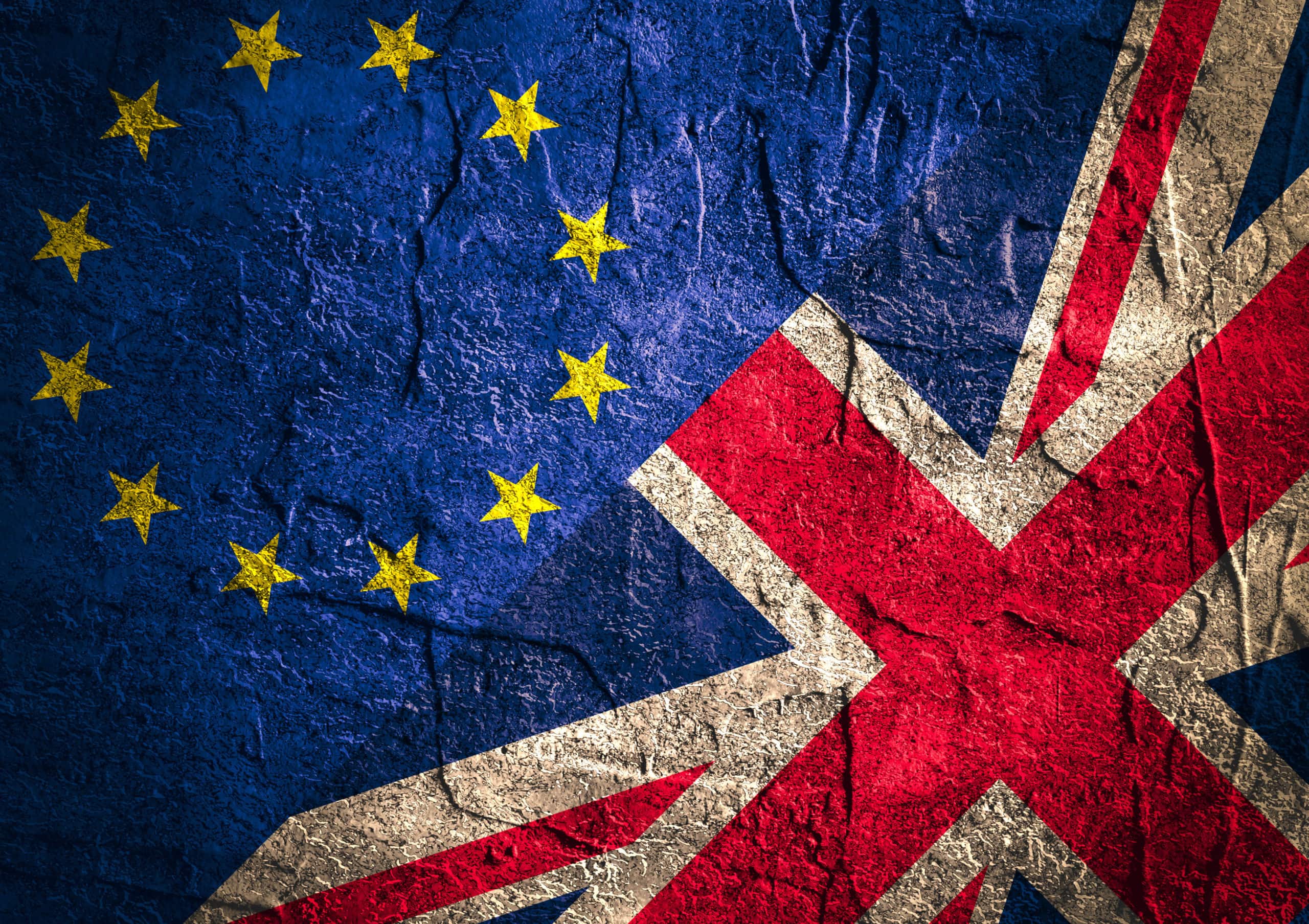Two years on from the referendum voting to take Britain out of the European Union and Brexit is a bit of a mess.
Leavers and Remainers are both uptight about the state of negotiations and blame Prime Minister Theresa May for their plight.
Economic forecasters have learned to bite their tongues after predicting the economy would bomb after the vote – but they got it wrong.
But is economic growth at the same rate sustainable once we have entered the Brexit limbo phase from the end of March 2019?
Schroders Senior European Economist, Azad Zangana has looked at how Britain is coping two years after the Brexit referendum and suspects growth in 2018 will remain sluggish at around 1.4% while inflation will bob around 2.6%.
Uncertain recovery
“Businesses had started to postpone and cut investment projects as far back as 2015, well before the referendum result was known,” he said.
“Since then, business investment has fallen further, only to recover a little in recent months. However, at just 2.4% growth in 2017, it is running at half the rate averaged between 2011 and 2015.”
What will happen in 2019 and beyond is even more uncertain.
“We assume a transition period will be agreed that preserves the status quo of the single market and customs union membership, but this is unlikely to help growth recover much,” said Zangana.
“The next Bank of England Inflation Report is due in August, which provides another opportunity to consider its policy stance. Given recent weakness in both UK and overseas data, this is likely to remain on hold. We forecast the bank will hike rates once more in 2018, probably in November, and twice in 2019 after Brexit.”
Immigration worries at summit
Meanwhile, ahead of an EU summit, German Chancellor Angela Merkel has warned the bloc could break up over concerns about immigration.
“Those who come to Europe cannot choose which EU country they want to seek asylum in,” she said.
“Secondly, we cannot leave those countries where asylum seekers arrive to deal with the problem alone.
“If we do not get an agreement with the 28 EU member states, we will then need to consider a coalition of the willing on migrant policy. We need to find better solutions.”
